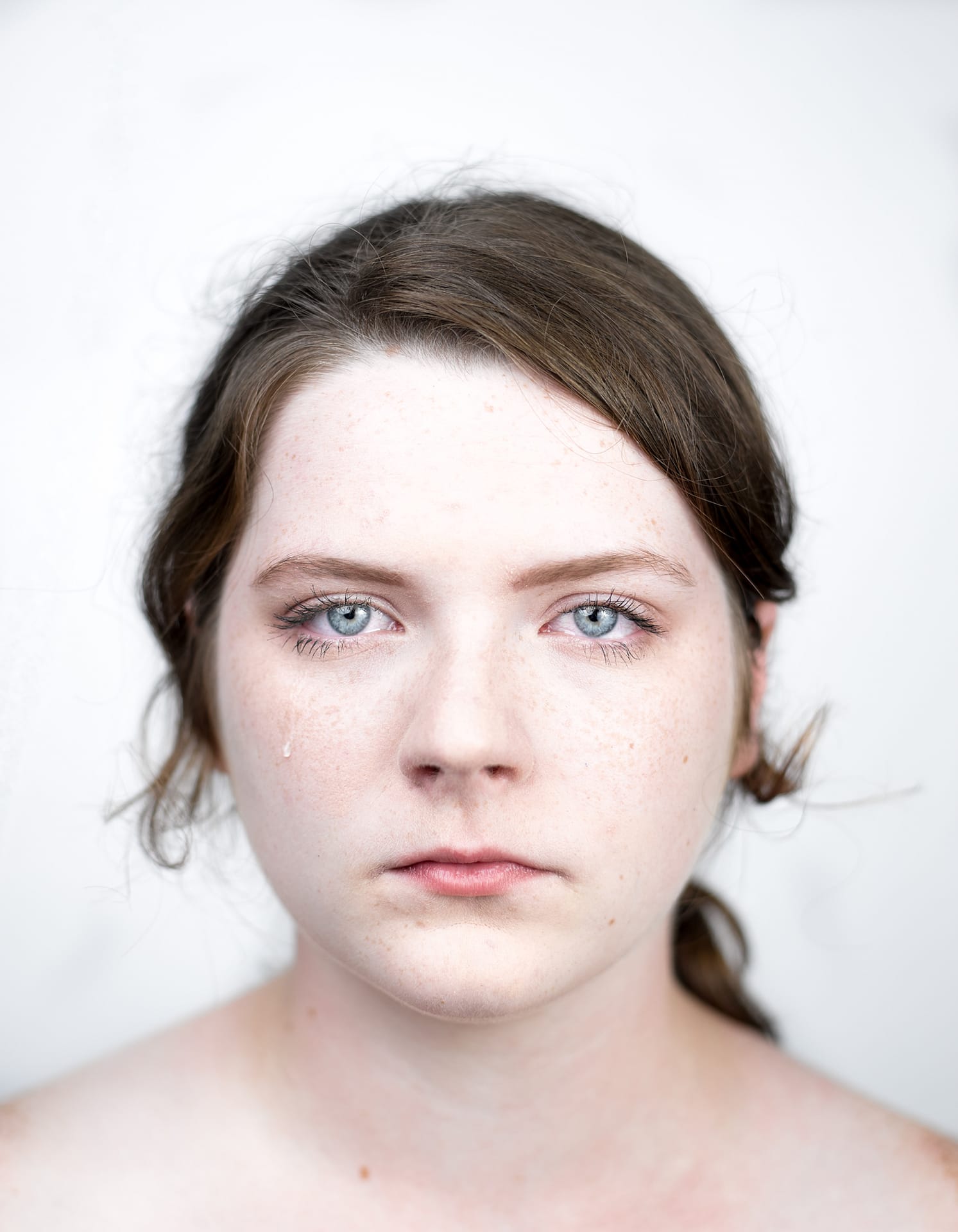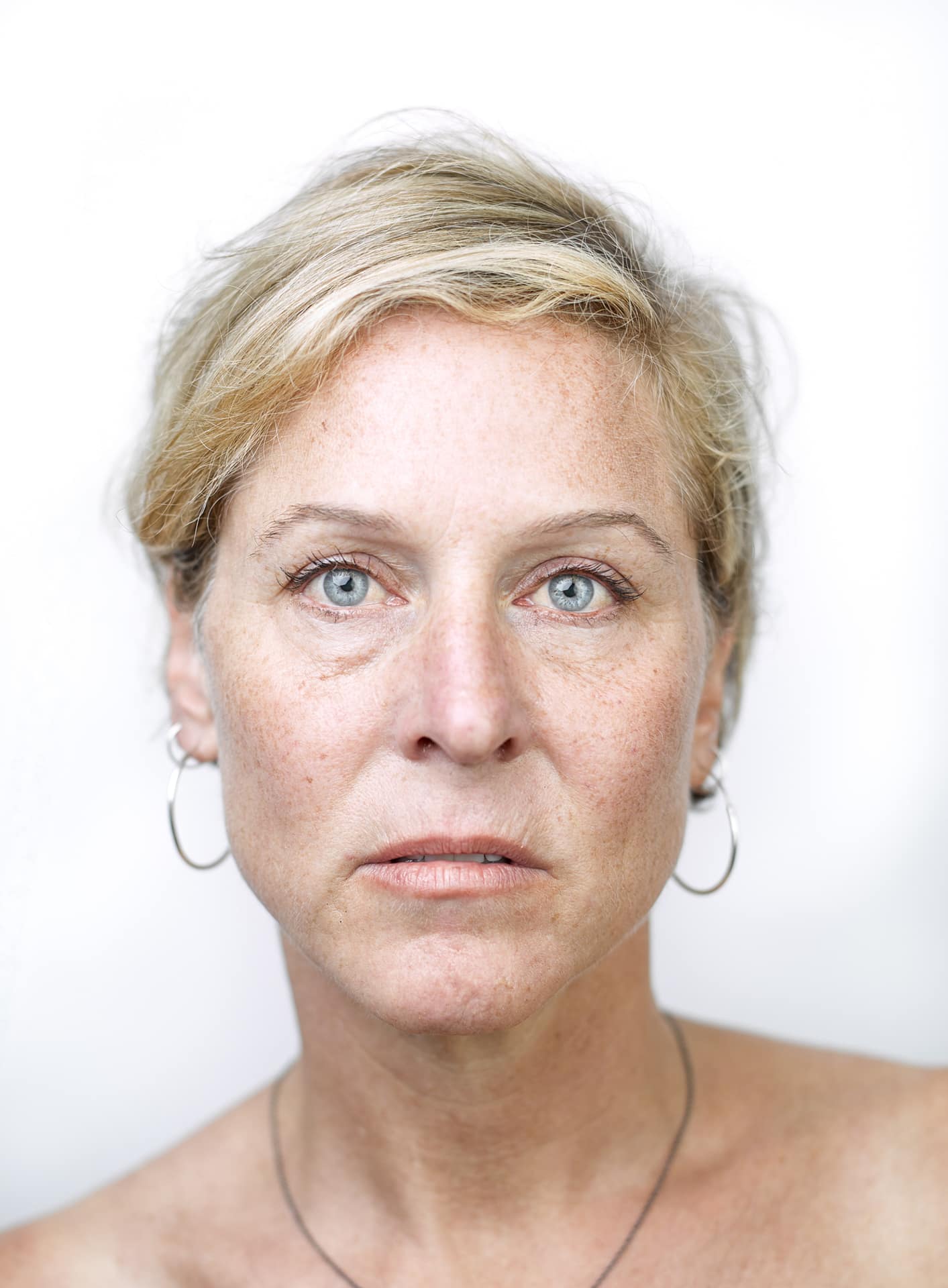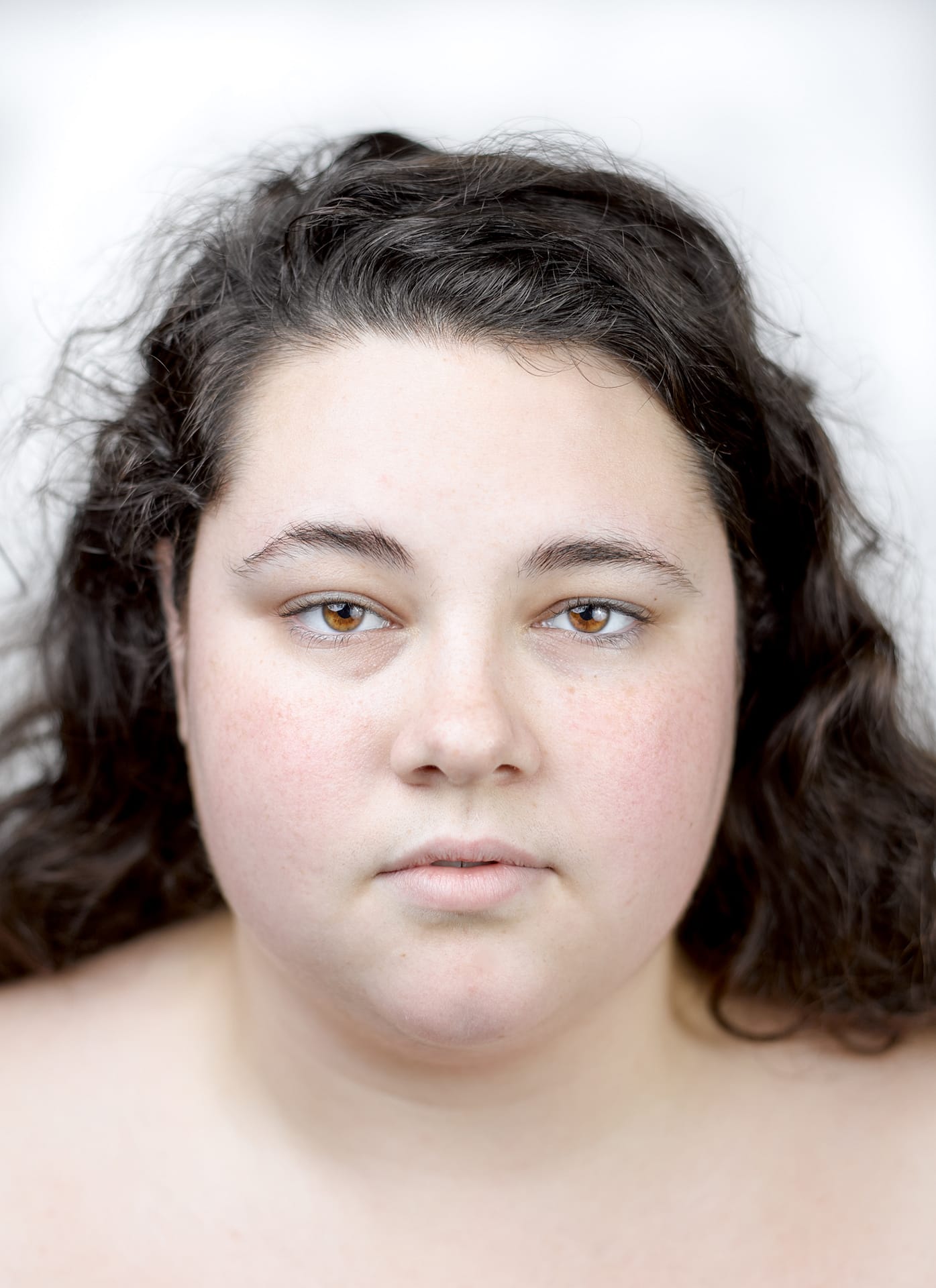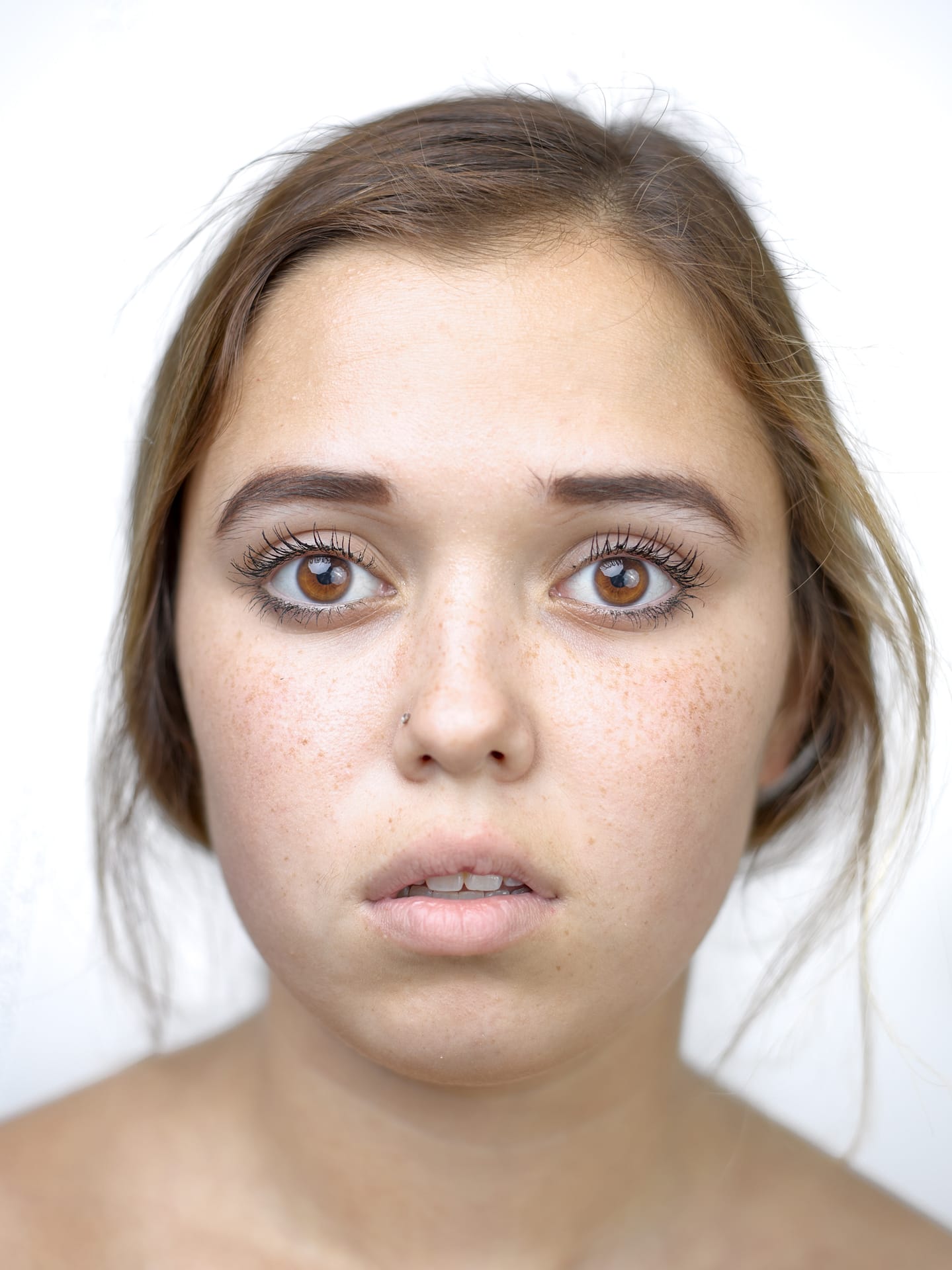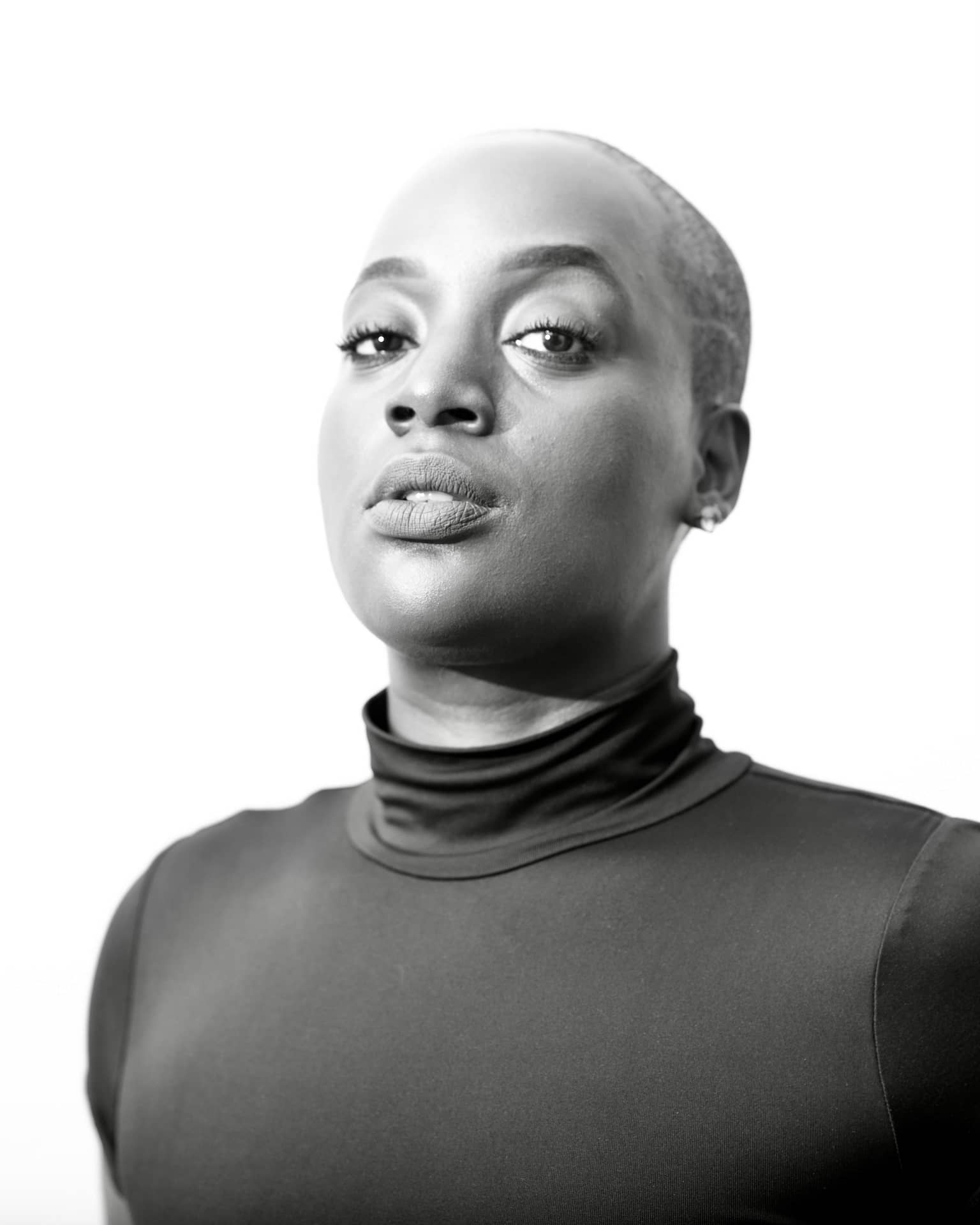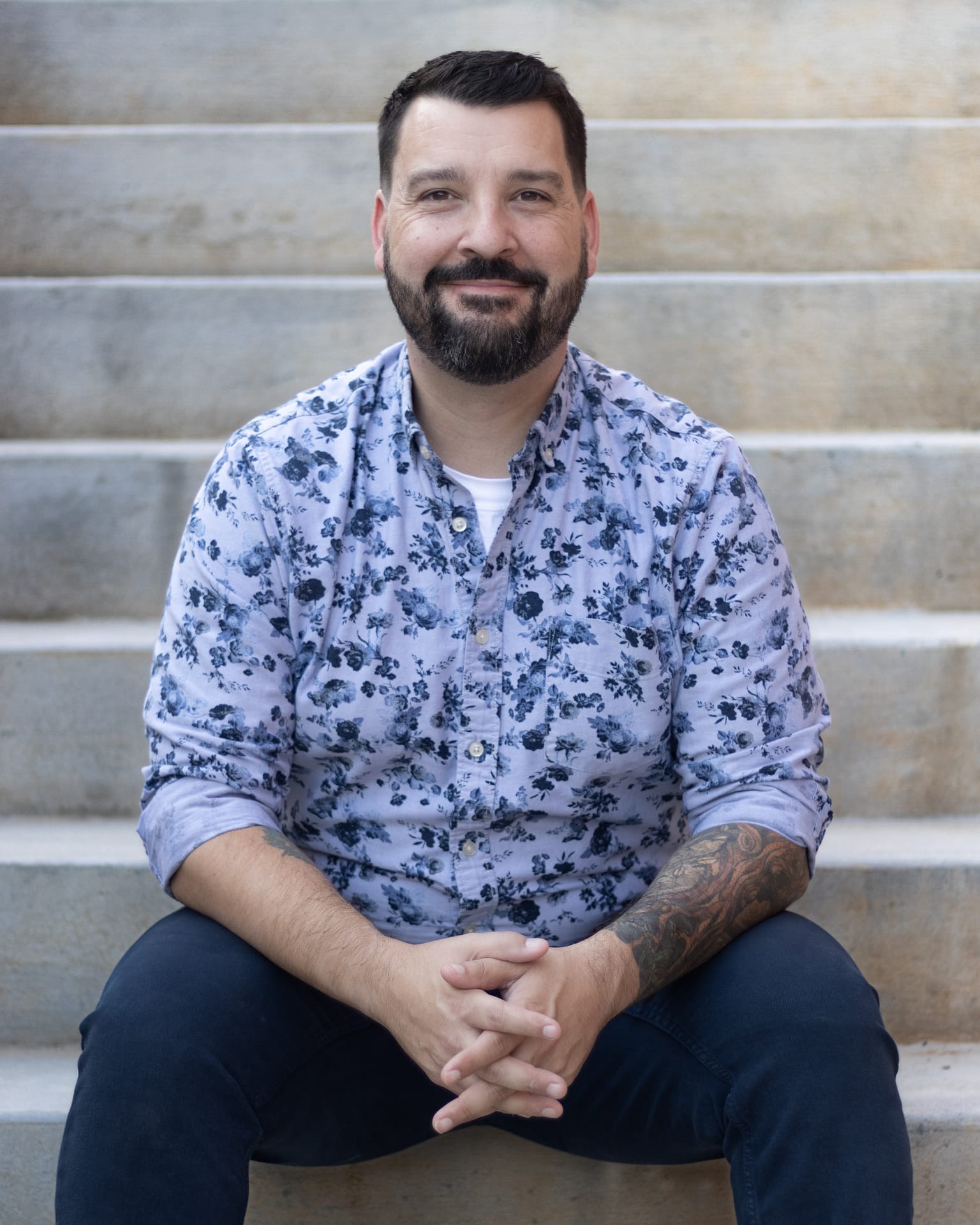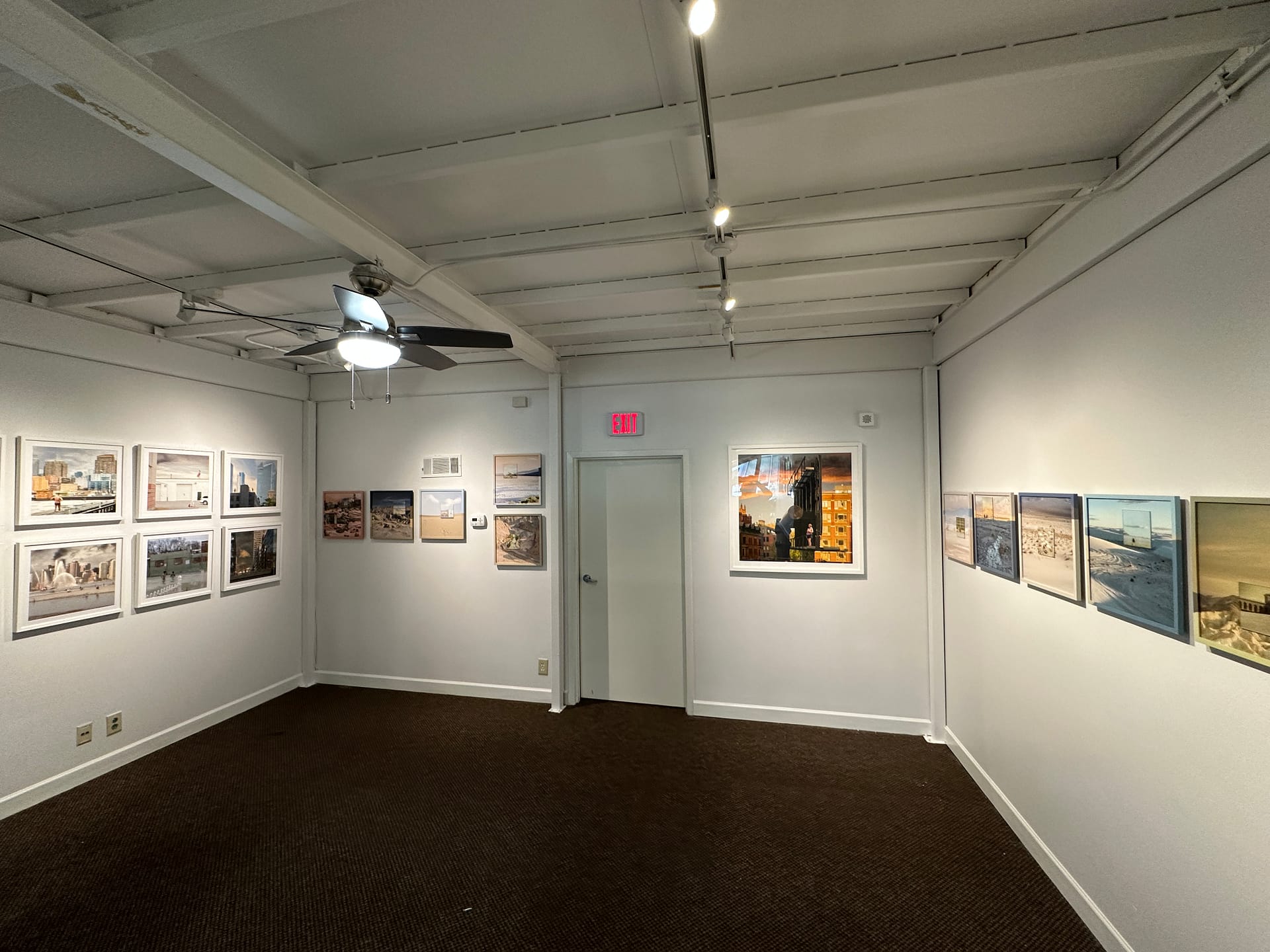For our exhibition Student Prize 2018, APG’s Esther Griffin will be talking with the artists about their work and their upcoming career as a photographer. Student Prize is a juried exhibition for photography students who were nominated by their faculties. From all nominees, winners were chosen, whose work is on view in the group show. Next up is Haley Bowlt.
Born and raised in Atlanta, Georgia , Bowlt attends The University of North Georgia, and is working towards a degree in Art Marketing, focused in photography. She has been featured in the university’s school exhibitions and is currently working on her senior exhibition with her show You’re Not Alone, on view at APG until January 5th, 2019.
Your exhibition You’re Not Alone investigates a rather serious topic: women who faced sexual assault in some way. Do you consider yourself an activist? Can you explain your interest in this subject?
I have not considered myself an activist until recently. Like most millennials, the issues of the world did not interest me until it began to affect me and those close to me. Now, I consider myself not just an activist, but a feminist.
The topic is – unfortunately – still very current. What makes your approach different from others?
Yes, unfortunately. Many of those who choose to photograph this topic, include the women visibly naked (which I find insulting and degrading). Some even include words on paper or written on their bodies that have to do with their rape or abuse. I do not feel that words are necessary for this topic. Any compassionate person can feel the emotion and relate in some way to the faces of the women in my photographs.
You create very simple and natural close-ups. How did you find women willing to participate in your project? Can you share some of their responses to the photo-shoot?
I found women to be so much readier to face this than I thought I would. When I began reaching out to college students, many came forward and thought this was something that would be good for them. They wanted it to be a way to face what happened and some even thought of it as a confrontation to the abuser. When my professor reached out to people on Facebook from our local community, many women came forward. There was even a woman overseas who said that she would have 100% done it had she been here. They all received this shoot in different ways. Many of them still emotional and hurt over the matter, a few were filled with anger and hatred for the individuals responsible, and some had come to peace with their experience. I think that is shown in their faces.
Who do the women in the photos look back at, you think?
I think some of them look at their abuser. Confronting them quietly and internally. I think some of them, including myself, were looking inward at themselves and who they are now.
Are you going to continue this project? What is the most valuable experience from it for yourself so far?
I will absolutely continue this project, but next time with a twist. I am now going to be photographing men, in the same way I photographed the women. The experience of this project has allowed me to gain some perspective and showed me that we truly are not alone in this, and to never feel shameful. I truly enjoyed talking to every single woman about their experience and how they’ve worked through it.
Do you have other projects you are working on / that you would like to do in the future?
Oh absolutely, but that’s a secret for now. I will say this; my true passion is taking photos that mean something and fight for something I believe in.
Who is your inspiration?
I draw inspiration from Nan Goldin. I admire her life and her photographs. She loved everyone in her photographs and sought to preserve their memory. I wish to do the same in my own. Technique wise, I love the work of Thomas Ruff, Martin Schoeller, and Irving Penn.
See more of Haley’s work at her website.

